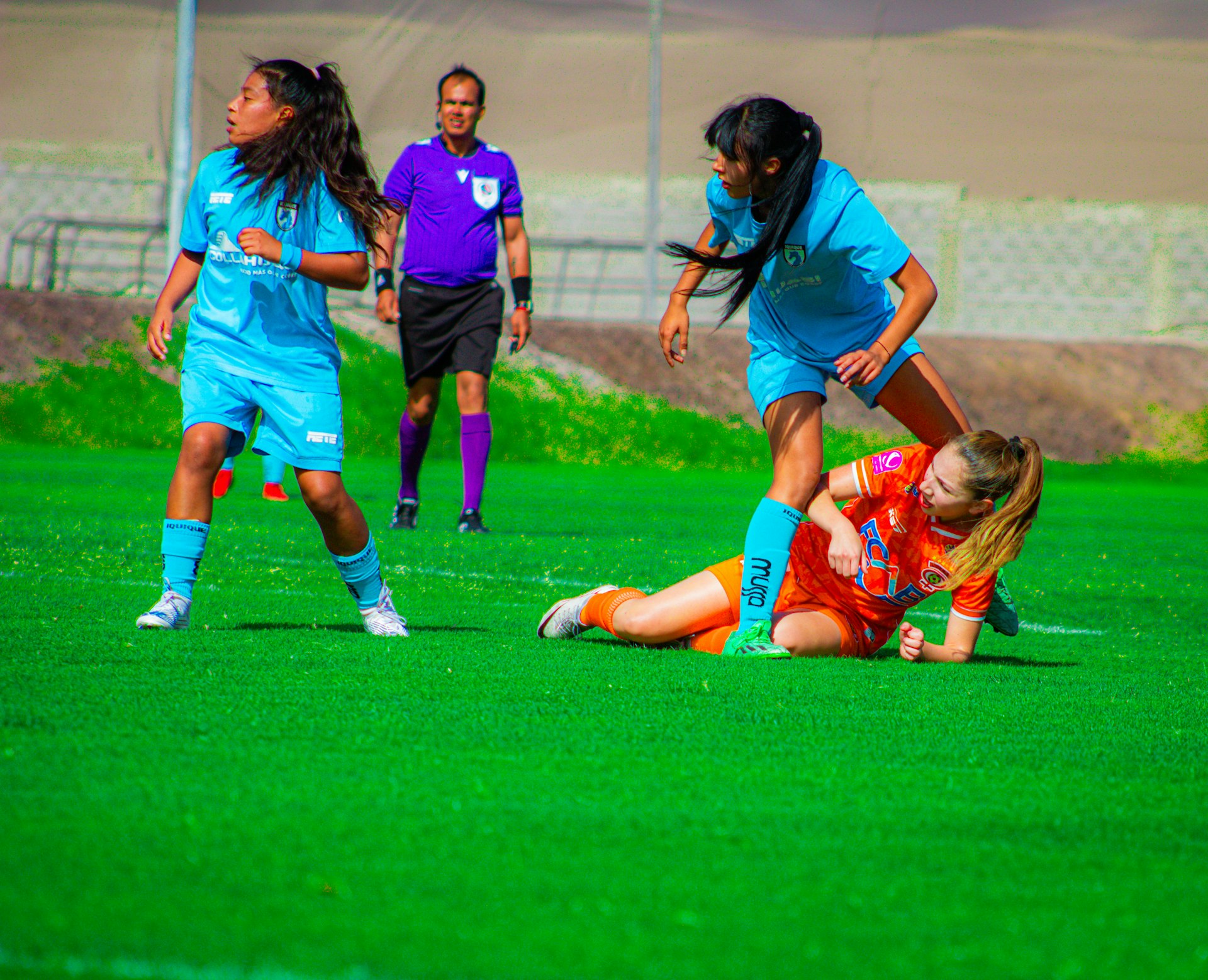Unlocking Peak Performance: The Critical Role of Recovery Nutrition in Sports

Photo by Steward Masweneng on Unsplash
Introduction: Why Recovery Nutrition Matters
Recovery nutrition is a foundational pillar for athletes aiming to maximize performance, reduce injury risk, and sustain long-term health. The process of exercise-whether strength training, endurance, or high-intensity intervals-imposes physiological stress that depletes muscle glycogen, creates microtears in muscle tissue, and leads to fluid and electrolyte losses. Effective recovery nutrition doesn’t just replenish what’s lost; it catalyzes adaptation, accelerates healing, and prepares the body for the next training session [1] .
The Science Behind Recovery Nutrition
Recovery starts the moment training ends. Research consistently shows that nutrients consumed during the post-exercise window-typically within 30 to 60 minutes-have a profound impact on muscle protein synthesis, glycogen re-synthesis, and inflammation management [1] . This window is characterized by heightened insulin sensitivity and increased blood flow to muscles, making it an optimal period for delivering essential nutrients.
Key objectives of recovery nutrition include:
- Restoring muscle glycogen with adequate carbohydrates
- Facilitating muscle repair and adaptation with protein
- Rehydrating and replacing lost electrolytes
- Mitigating inflammation and oxidative stress
- Supporting immune function and overall well-being
Core Components of Effective Recovery Nutrition
1. Carbohydrates: Glycogen Restoration
During prolonged or intense exercise, muscle glycogen stores are significantly depleted. Consuming high-glycemic carbohydrates immediately after activity expedites glycogen replenishment. This is particularly important for athletes training multiple times a day or on consecutive days. Examples include white rice, potatoes, or sports drinks. Combining carbohydrates with protein further enhances glycogen synthesis [1] .
Practical Tip: Aim for 1.0-1.2 grams of carbohydrate per kilogram of body weight in the first hour post-exercise, especially after exhaustive sessions. Pairing with a protein source not only aids muscle repair but accelerates carbohydrate uptake [1] .
2. Protein: Muscle Repair and Adaptation
Protein is essential for repairing exercise-induced muscle damage and promoting muscle protein synthesis. Consuming 20-40 grams of high-quality protein (such as whey, eggs, or lean meats) soon after exercise is recommended for most athletes [2] . Plant-based athletes should select complete protein sources or combine complementary foods, like rice and beans.
Example: A recovery shake with 25g whey protein and a banana delivers both protein and carbohydrates. Alternatively, a meal of grilled chicken, quinoa, and steamed vegetables offers balanced recovery nutrition in whole food form.

Photo by Jadon Johnson on Unsplash
3. Hydration and Electrolytes
Rehydration is often underestimated. Sweat losses can lead to dehydration, impairing muscle function and delaying recovery. Replacing fluids and electrolytes (notably sodium, potassium, magnesium) is crucial. Sports drinks, coconut water, or a combination of water with salty snacks can help restore fluid balance [4] .
Implementation Guide: Weigh yourself before and after training. For every pound lost, consume at least 16-24 ounces of fluid. If training intensely or in hot conditions, include electrolyte-rich beverages.
4. Micronutrients and Functional Foods
Vitamins and minerals support energy metabolism, immune function, and tissue repair. Deficiencies can delay recovery and increase injury risk. Antioxidant-rich foods-such as berries, tart cherry juice, turmeric, and leafy greens-help reduce inflammation and muscle soreness [1] .
Sample Recovery Snack: Greek yogurt with mixed berries and a sprinkle of chia seeds delivers protein, probiotics, antioxidants, and omega-3 fatty acids.
5. Gut Health and Adaptation
Emerging evidence highlights the connection between gut health and recovery. Foods rich in probiotics (like kefir, yogurt, kimchi) and prebiotics (fiber-rich fruits and vegetables) can enhance nutrient absorption and immune resilience [1] .
Timing and Personalization: The Next Level
Nutrient timing-strategically consuming nutrients around training-can boost recovery outcomes. Personalized approaches, leveraging mobile apps or consulting with sports dietitians, allow athletes to adapt recovery strategies to training demands, body composition goals, and personal preferences [1] .
For those seeking an individualized plan, consider reaching out to a board-certified sports dietitian. You can find qualified professionals via the Academy of Nutrition and Dietetics by searching “sports dietitian” in your region.
Common Challenges and Solutions
Challenge 1: Appetite Suppression After Intense Training Intense exercise can blunt appetite, making post-workout nutrition difficult. Solutions include liquid nutrition options (protein shakes, smoothies), or small, frequent snacks until normal appetite returns.
Challenge 2: Limited Access to Whole Foods Busy schedules or travel may make it hard to access balanced meals. Keep shelf-stable options, like protein bars, trail mix, or powdered drink mixes, in your gym bag for on-the-go recovery.
Challenge 3: Dietary Restrictions Vegetarian, vegan, or allergy-prone athletes must plan carefully to ensure adequate intake. Consult with a registered dietitian for guidance on suitable alternatives and supplementation if needed.
Real-World Applications and Case Studies
Case Example: An endurance runner training twice daily struggled with persistent fatigue. By tracking their intake and timing, they realized post-workout meals lacked adequate carbohydrates. After shifting to include a carbohydrate-protein recovery drink within 30 minutes post-run, muscle soreness decreased, and training quality improved.
Another Example: A collegiate basketball player experienced cramps and sluggishness late in games. After adding electrolyte-rich fluids and salty snacks during and after practice, recovery and performance both improved.
Step-by-Step: Implementing Recovery Nutrition
- Immediately after exercise, hydrate with water or a sports drink, especially if sweat losses were significant.
- Within 30-60 minutes, consume a recovery meal or snack with both carbohydrates and protein (e.g., turkey sandwich and fruit, or protein shake with oatmeal).
- Include antioxidant-rich foods and a source of healthy fat (e.g., avocado, nuts) to support inflammation control.
- Continue to hydrate and replace electrolytes throughout the day as needed.
- Track your responses and adjust quantities or timing based on how you feel and perform.
If you need personalized recovery nutrition guidance:
- Contact a registered dietitian with experience in sports nutrition. Many universities, sports medicine clinics, and local hospitals offer these services.
- Search the Academy of Nutrition and Dietetics website for “sports RDN” in your area.
- If you are part of a team, consult your athletic trainer or strength and conditioning coach for referrals.
Alternatives and Emerging Strategies
Technological solutions, such as mobile nutrition apps or wearable monitors, can help track intake and recovery status. Innovations like genetic testing and metabolic profiling are increasingly available for highly individualized plans, though these services should be pursued with professional guidance [1] .
Supplements (such as creatine, beta-alanine, and caffeine) may offer additional benefits for certain athletes, but should only be used with guidance from qualified professionals to ensure safety and efficacy [1] .
Key Takeaways
Optimal recovery nutrition is a personalized, dynamic process that integrates carbohydrate, protein, hydration, micronutrients, and timing to support adaptation and peak performance. By understanding your unique needs and proactively planning recovery strategies, you can unlock your athletic potential and reduce the risk of overtraining, fatigue, and injury.
References
- [1] Wang L. (2024). Emerging Perspectives on Post-Exercise Recovery Nutrition. National Institutes of Health.
- [2] National Academy of Sports Medicine (2023). Nutrition for Muscle Repair and Recovery.
- [3] Dubuque Chiropractic (2024). What Are Trusted Benefits of Care for Athlete Recovery?
- [4] Mosh (2024). Follow the 4 Rs of Sports Nutrition to Boost Athletic Performance & Recovery.



